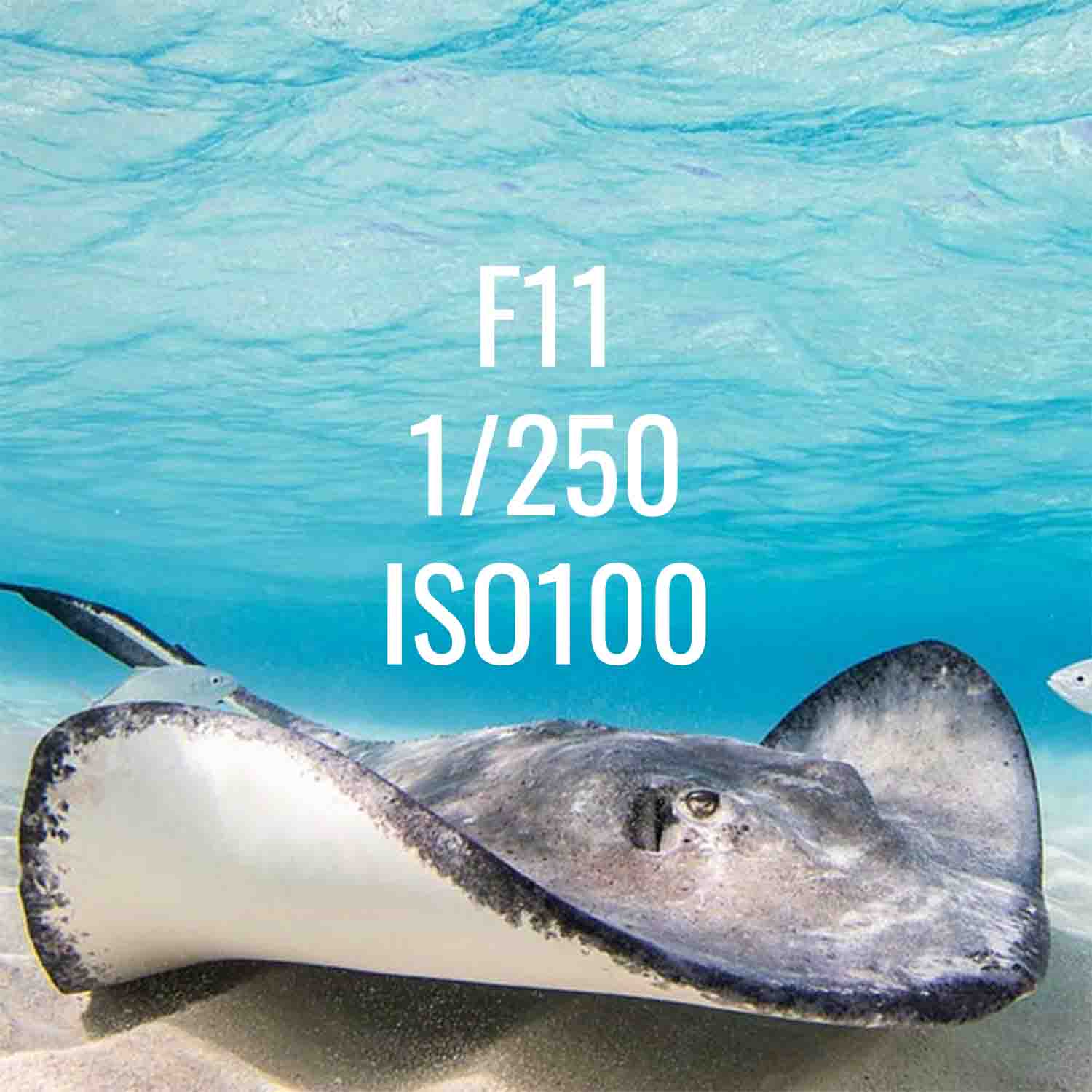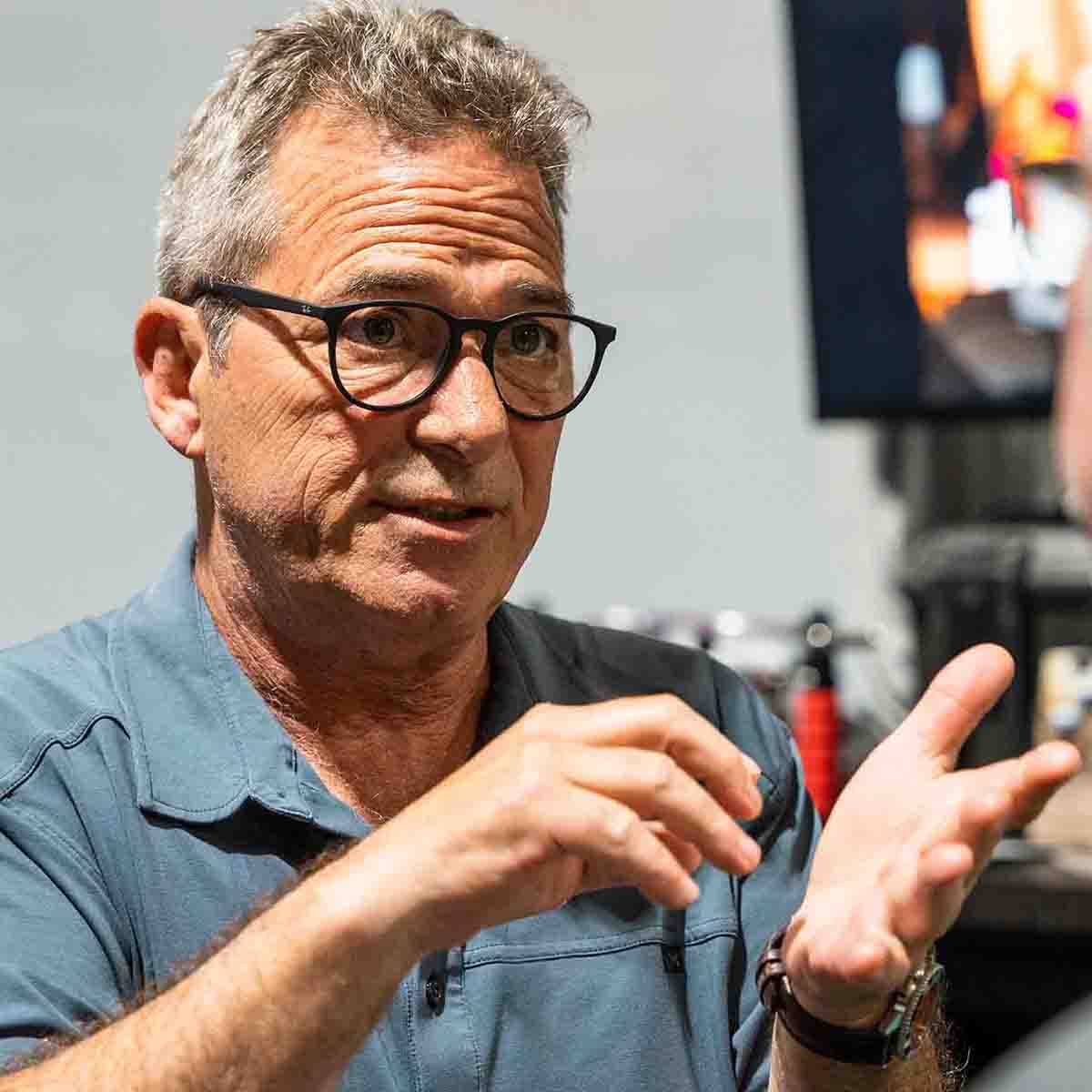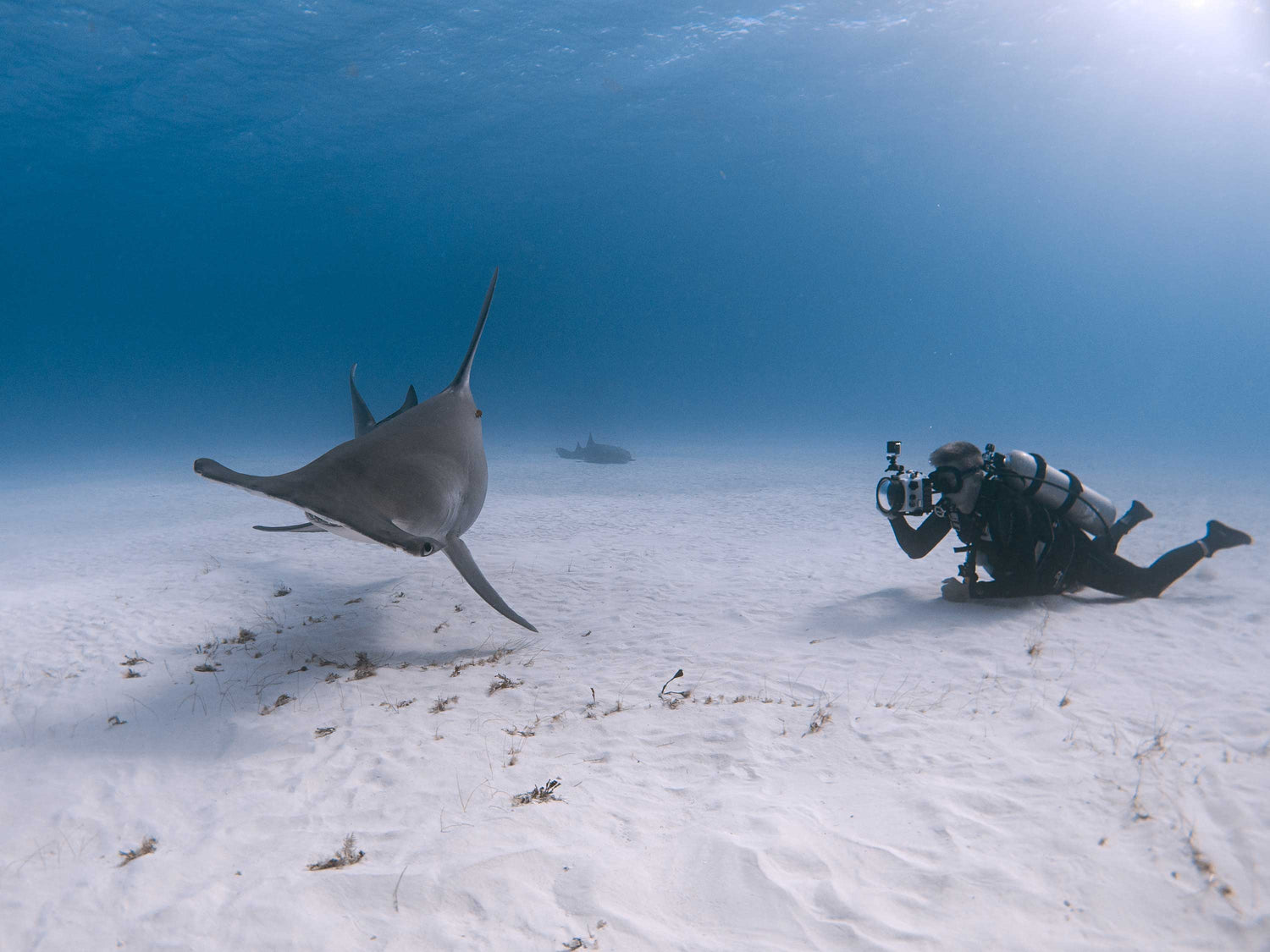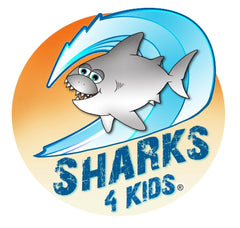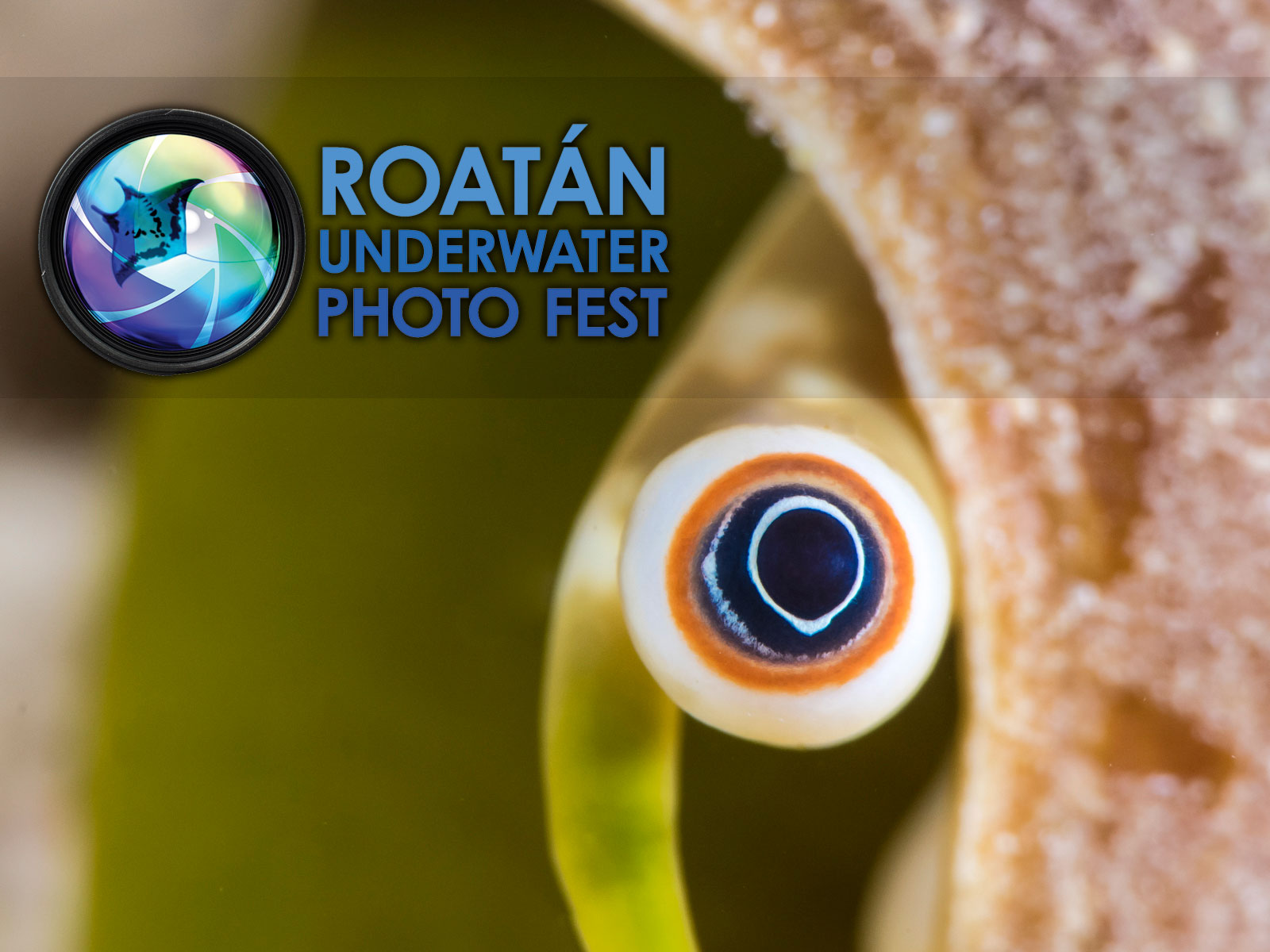Contributed by Ken and Kimber Kiefer
I’ve been fascinated with sharks since I was very young. Like many people, the movie Jaws scared the crap out of me. It also intrigued me enough to make me scavenge the library for years for any info on sharks. The more facts that I had, the more interested I became, and the more that I admired and was attracted to these predators.
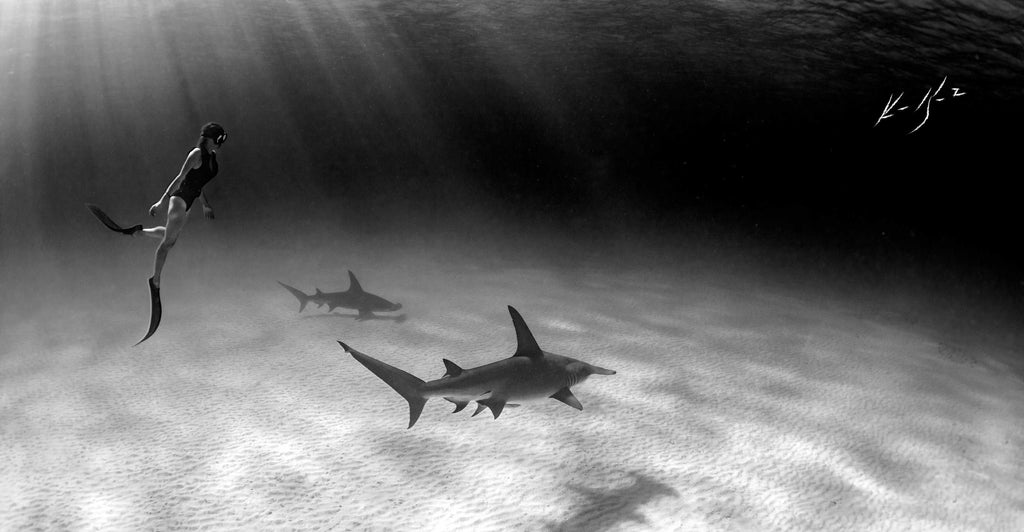
As I grew up and got into diving, I was finally able to spend actual time in the water with these beauties. Watching them in their own environment only increased the love and fascination I feel.
I realize that this isn’t the opinion that the majority of the world harbors for sharks. A combination of movies, media hype, and a natural trepidation of the unknown has caused most people to fear and hate sharks.
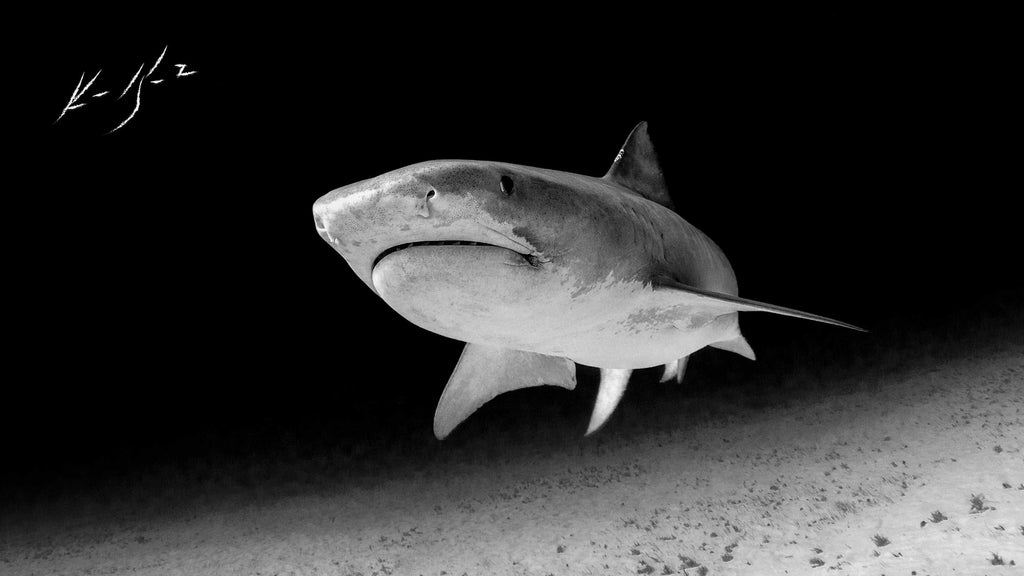
I firmly believe that most people’s impressions would be flipped if there were some way to take every single person on a dive where they could observe sharks in their natural environment. Sharks could be admired for the amazing predators that they are. Just like lions, tigers and bears are respected.
Unfortunately, it’s an impossible dream to take the world diving. So, one of the things that Kimber and I strive to do is create images that make people question their beliefs.
Most of the times when we get questions about any image in which there’s a diver, a freediver, or a model in the water with a shark, it involves some form of "why didn’t they eat you."
We always take the time to explain as best we can the fact that we aren’t their natural prey and most of the time, humans and sharks can coexist in the water within certain guidelines and situations. Basically, don’t act like prey, and you won’t get treated like prey.
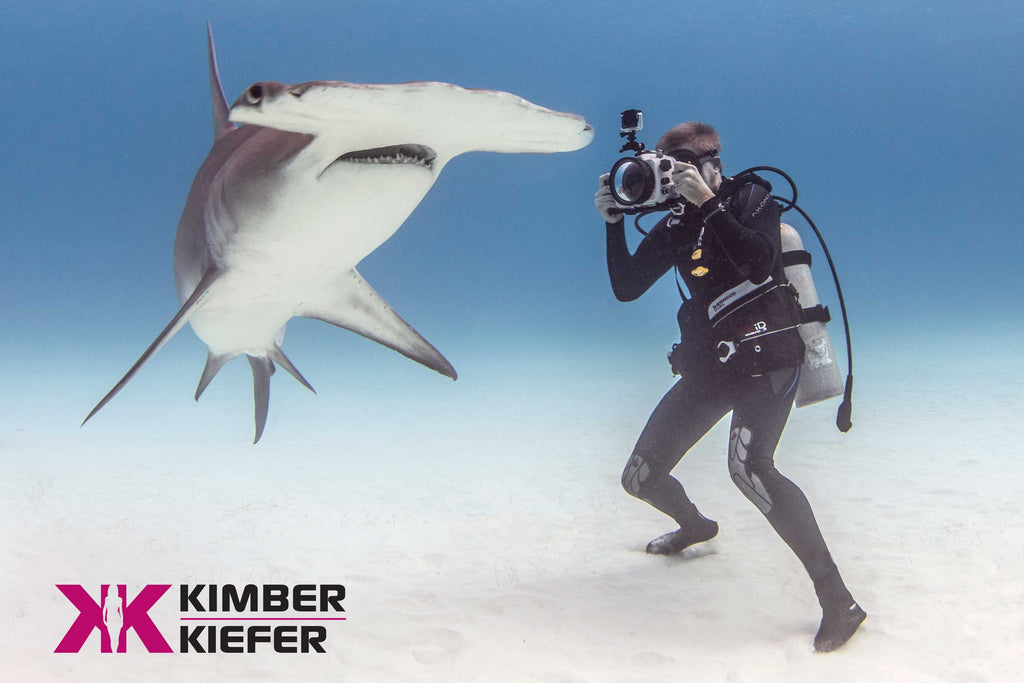
As we try to explain the differences between the real world of sharks, and the hyped-up media version of sharks, the people most interested and most likely to absorb the truth have been children. Children aren’t so set in their beliefs, and are usually greatly interested in hearing about our experiences and interactions with all undersea creatures. It’s a great feeling to see children so drawn to information and very satisfying to see their excitement.
One of the great organizations that we’ve been lucky enough to work with, Sharks4Kids, does an amazing job of spreading an incredible amount of knowledge and facts to children around the world! They have pulled together scientists and educators to present a comprehensive view of the world of sharks in a manner that can both educate and intrigue generations of new shark admirers.
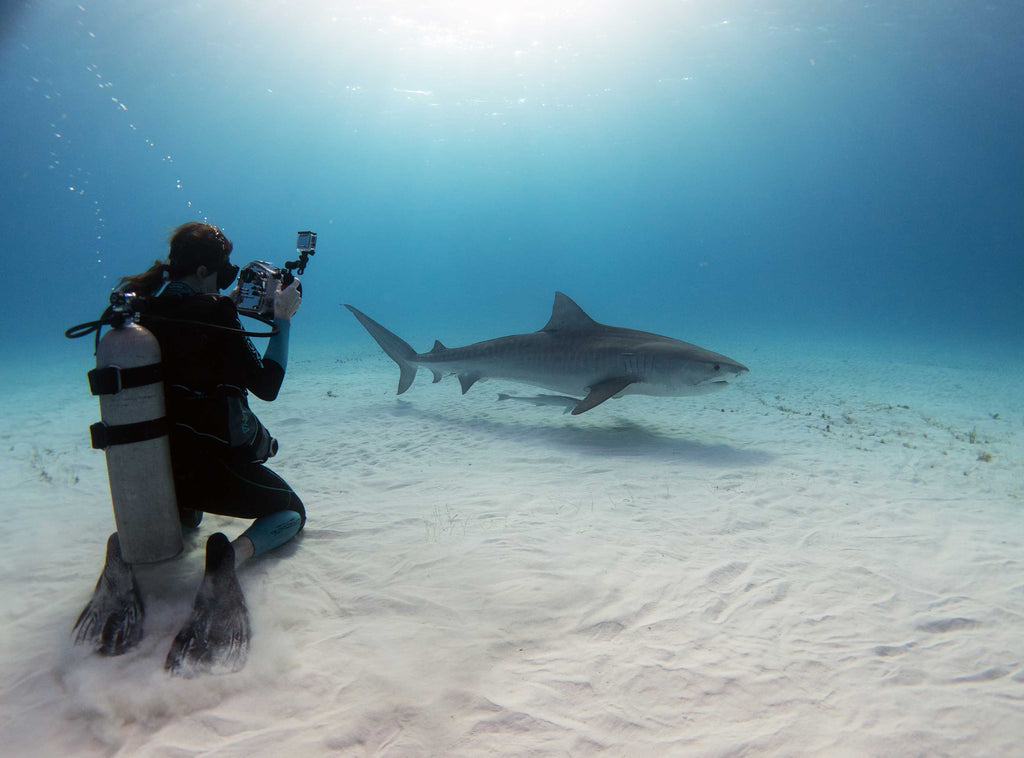
We recently spent some time in Bimini with the creator of Sharks4Kids and learned a lot ourselves. We were able to see baby sharks in the mangroves and witness firsthand the importance of protecting these incredible ocean nurseries. If mangroves were to be eliminated, the ocean would essentially become barren.
The goal of Sharks4Kids is to create a new generation of shark advocates through access to a dynamic range of educational materials. Curriculum, games, and activities allow teachers to integrate shark education into their science programs on an introductory, intermediate or advanced level. Students can access games, activities, and info sheets to satisfy their own curiosity about sharks. Photos and videos from scientists and conservationists bring an exciting element into the classroom and show students the beauty of the ocean.
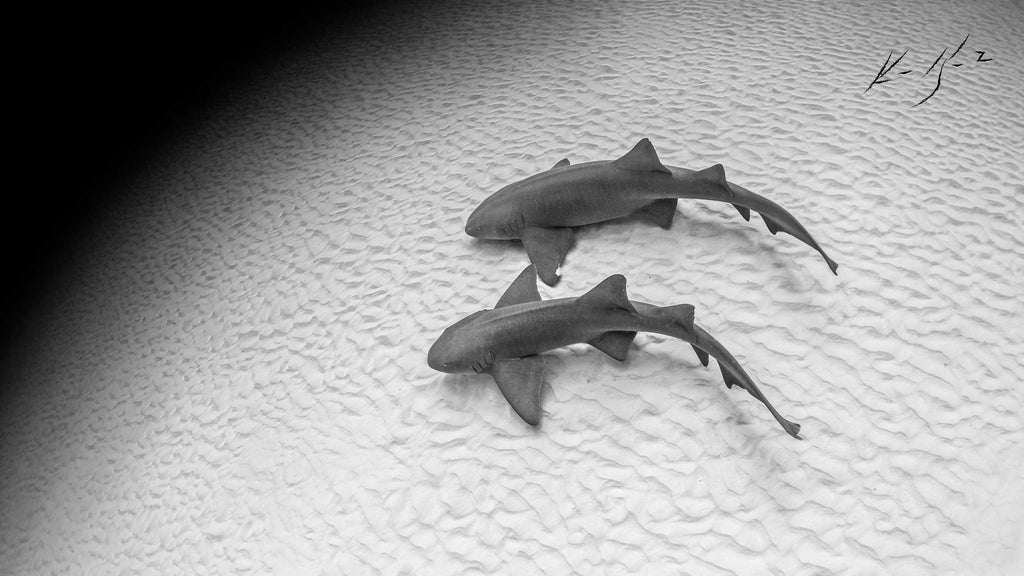
6 tips from Sharks4Kids on how to get involved
- Education is key. Do some research and find out actual stats, laws, current management efforts and current status for a particular species. It's not all bad, as some species of shark are doing well. You can also find out about local proposals for better legislation and see if there are open comment periods.
- Make sustainable choices as a consumer. If you eat seafood- what is it (often mislabeled or called something else)? Where was it caught? How was it caught? Is there bycatch in this fishery? Never be afraid to ask. You have a right to know. Also, be aware that shark is in a lot of products (make up, dog treats, vitamins, etc)- it's not just fins and meat. There are certain health risks associated with consuming shark (high levels of mercury and other toxins). You can make the choice to avoid these products.
- Support conservation and education organizations. Volunteer or donate, but make sure the organization is reputable and money is going to the work they are promoting. There are so many incredible groups working tirelessly to make a difference and they always need support.
- Love sharks? Why not read a shark book at a school or library? If you are diver/snorkeler- why not share your experiences with a local dive club, Rotary or community group. Artist? Create a piece to start a conversation.
- Share education with kids. Check out Sharks4Kids for FREE resources, presentations, lesson plans and more.
- Go see sharks! Whether a dive or freediver, definitely go see sharks. There are also citizen science programs where you can record your sittings, share images and help scientists with their research. You can even join research experiences open to the general public.
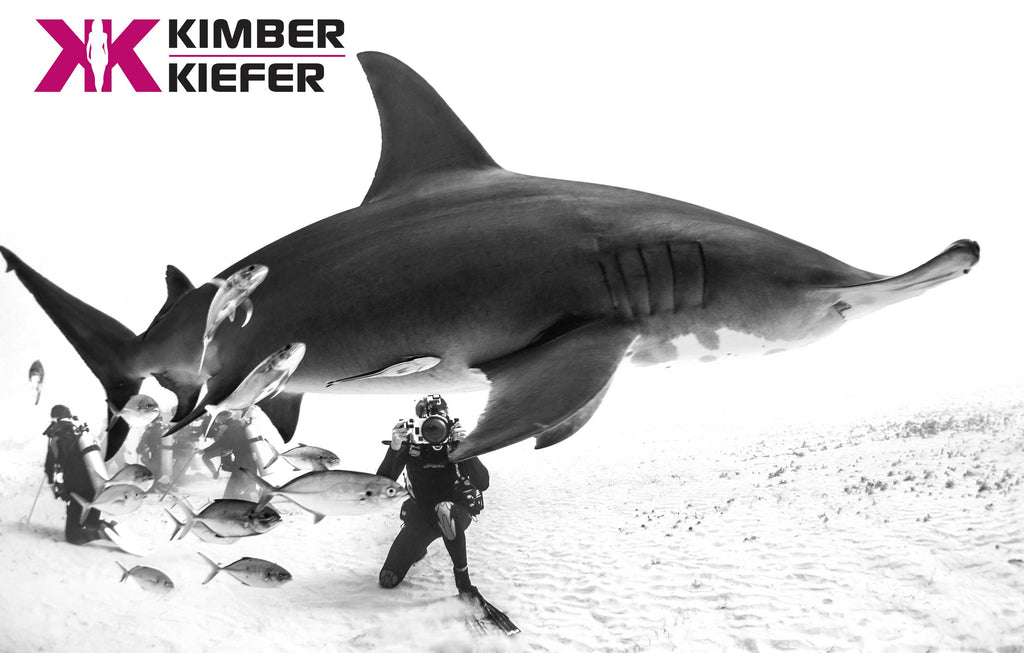
Connect with Sharks4Kids
Additional Reading
Cheat Sheet for Photographing Sharks
Crocodiles, Cenotes, and Chinchurro with Ken and Kimber Kiefer
Freediving with Orcas in Norway





